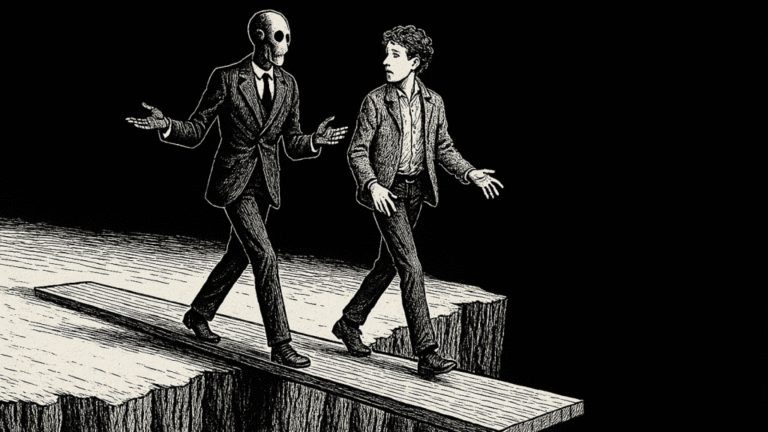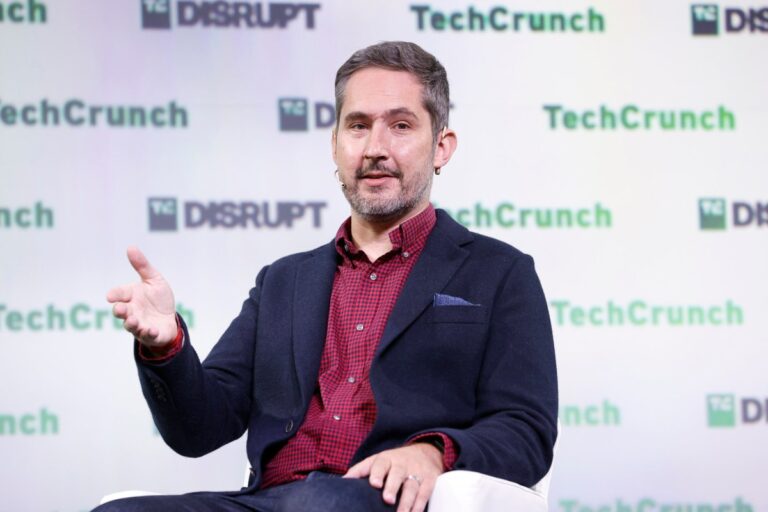Goldman Sachs-backed start-up buys UK sounds studio in bet on AI music making
Music creation start-up Splice has agreed to acquire the orchestral sound studio Spitfire Audio for about $50mn, as the Goldman Sachs backed company looks to buy up audio samples and technology to build songs using artificial intelligence.
London-based Spitfire Audio owns a deep library of digital orchestral sounds — short recordings of violins, cellos, drums and basses that composers can use to create music. Its palette of sounds, such as a $299 drum kit recorded by composer Hans Zimmer, have been used in Radiohead songs and in the scores for films such as Moonlight.
Splice is a platform that offers audio samples — such as vocal hooks, drum beats and guitar riffs — for anyone, ranging from novices to professional producers, to create music. The group was founded in 2013 and has grown quickly as it benefits from soaring demand for music creation tools. Splice is profitable, reaching annual revenue of more than $100mn and 600,000 paying subscribers, according to people familiar with the matter.
Splice and Spitfire declined to disclose the price of the deal. A person familiar with the matter said it was about $50mn.
The rise of platforms like Splice reflects the changing nature of music production. As software production tools have become more sophisticated, anyone can create music from their bedroom. Splice and Spitfire offer sounds that are often just a few seconds long, in repeated loops that can be layered with other instrumentals or vocals to build out a song.
Hit songs have used samples from the Splice library that can be downloaded for as little as $13. The samples include the guitar riff used in Sabrina Carpenter’s “Espresso” — the guitar loop and drum sounds were created by Vaughn Oliver, a DJ whose samples are popular on Splice. Other hits, such as Doja Cat’s “Say So” and Playboi Carti’s “OPM Babi”, have also used Splice samples.
Splice was valued at nearly $500mn in a 2021 fundraising led by Goldman Sachs and entrepreneur Matt Pincus’s investment group MUSIC.
Spitfire has a library of “super high-end, incredibly luxurious rich sounds, recording with the BBC Symphony Orchestra or Abbey Roads Studio”, said Splice chief executive Kakul Srivastava. She also wanted to acquire the underlying audio technology and talent that Spitfire has built, she said.
Splice has been rolling out AI technology to help musicians build songs, using algorithms to suggest samples based on a genre, mood or even singing into your mobile phone. Pincus says this AI element has led to “explosive” growth for Splice in the past few months, calling it a “land grab” in the still nascent market.
All of the sounds on Splice are initially created by humans. The group has its own in-house artists who record samples, but it also scours the world for cutting-edge trends from different genres, such as funk artists in São Paulo or K-Pop musicians in Seoul. Splice pays these artists a percentage of its subscription revenue.
Srivastava says Splice is looking to do something fundamentally different from the prompt-based AI song generators that have popped up in the past few years and fuelled backlash in the music industry.
“Simplistic tools where you type in a prompt and a song comes out? Most musicians do not want to make music that way,” she said. “But AI will enable [artists] to do things they could not do today. They could use string quartets from Spitfire, but you might want to invent your own instrument. You can start with a particular sound and merge instruments together to get a novel sound that has never been heard before . . . we are still figuring it out.”







